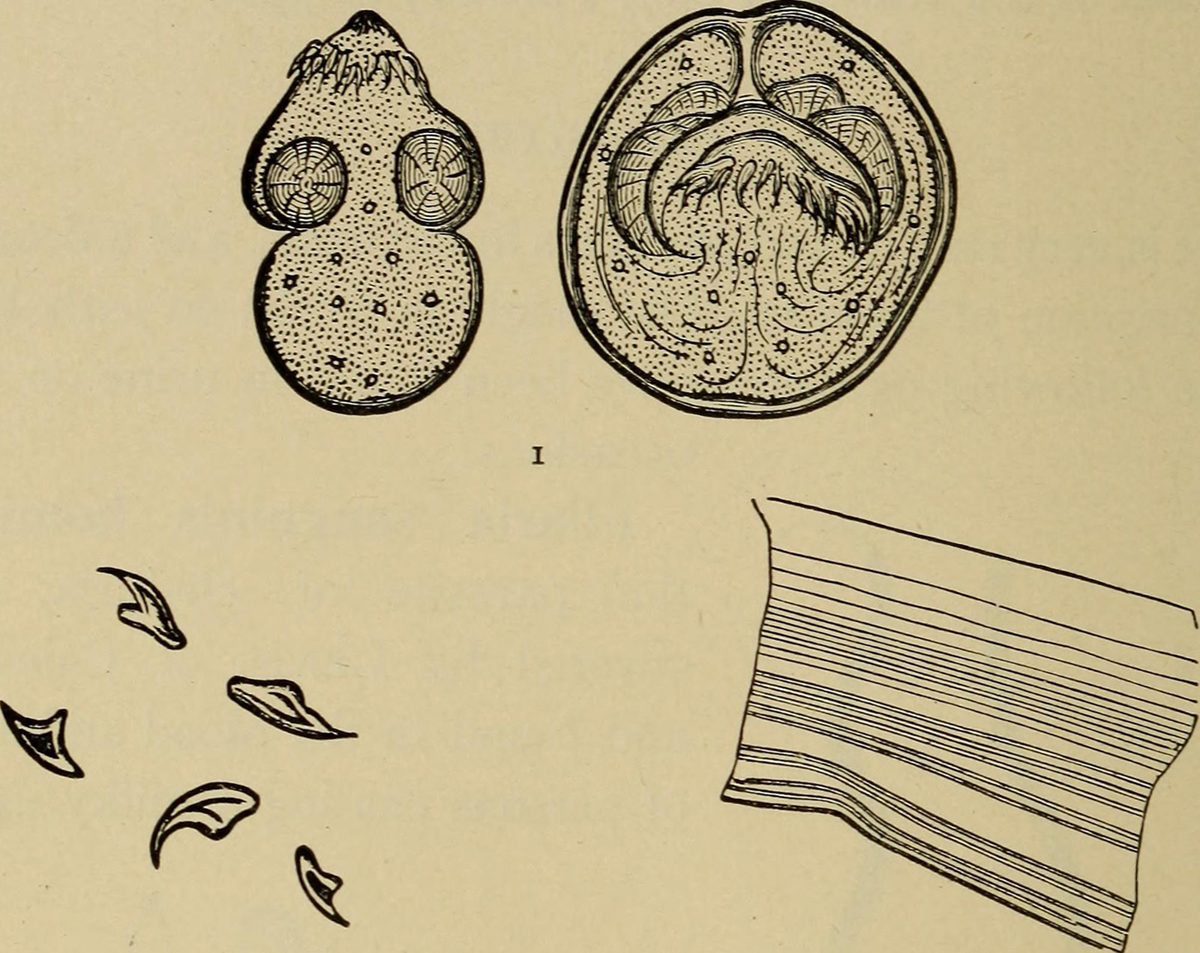
Urine does not normally contain blood. The presence of blood in urine in both, adults and children is in majority of cases considered pathological. Depending on the amount of blood in urine, the urine changes its color from red to pink or brown. Blood in urine is medically known as hematuria. Hematuria can be classified into microscopic hematuria (the presence of blood in the urine which cannot be detected by the naked eye, only by laboratory tests) and macroscopic hematuria (the presence of blood can be detected with a simple glance at the urine and is confirmed by laboratory tests).
In case of children, blood in urine can be sometimes interpreted as a normal result. Certain amount of blood (to be more precise certain amount of red blood cells) is considered normal in the urine. This can be easily explained by the facts that human body eliminates a lot of dead red blood cells each day. However, in case parents notice change in color of their child's urine they are due to inform the doctor. With proper tests the amount of blood (red blood cells) in the urine will be determined and the underlying causes identified.
Causes of Blood in Urine in Children
Majority of causes of blood in urine in children are associated with infections of the urinary tract. The blood in urine may occur due to infection of the bladder or even kidneys. Furthermore, hematuria may develop as a consequence of hypercalciuria, blockage in the urine, tuberculosis of the kidneys, sickle cell disease, tumors of the urinary tract, urolithiasis/ kidney stones and trauma to the kidneys or other parts of the urinary tract.
Presentation of Blood in Urine in Children
As it has already been mentioned in case blood is not sufficient enough to make color changes in the urine its presence can be easily confirmed with simple tests. On the other hand, if there is too much blood in the urine the color of the urine changes and this drives patients to see their doctors. Additional symptoms and signs generally depend on the underlying cause and may vary a lot.
Diagnosing and Treatment for Blood in Urine in Children
Once the blood in the urine is confirmed a doctor must search for the underlying cause. Further investigation includes additional tests and examinations. The treatment for blood in urine basically depends on the underlying cause and it can be either conservative or surgical. In some cases patients require both approaches. Once the primary illness is brought under control the urine will no longer contain red blood cells.

















Your thoughts on this
Loading...